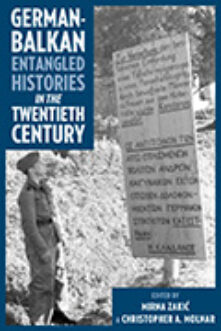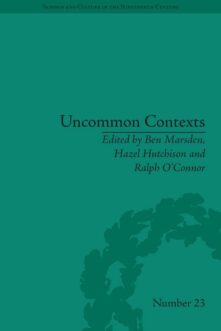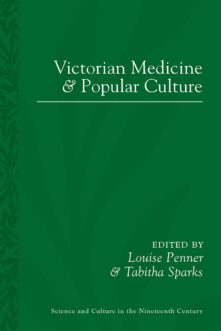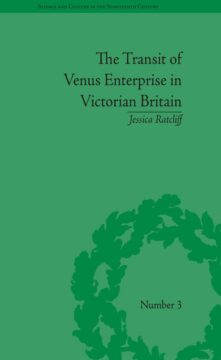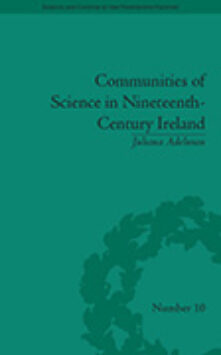Books By Newest
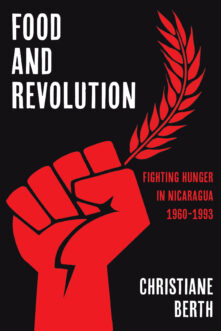

Food and Revolution
Fighting Hunger in Nicaragua, 1960-1993
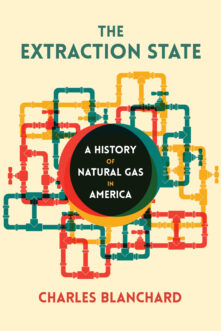

The Extraction State
A History of Natural Gas in America


Victory Banner Over the Reichstag, The
Film, Document and Ritual in Russia's Contested Memory of World War II
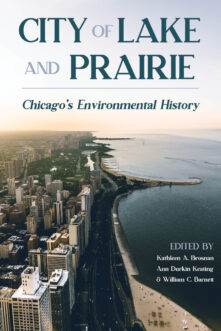

City of Lake and Prairie
Chicago's Environmental History
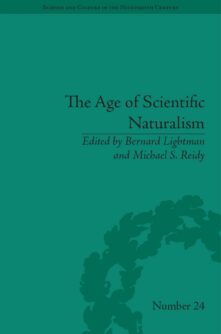

The Age of Scientific Naturalism
Tyndall and His Contemporaries
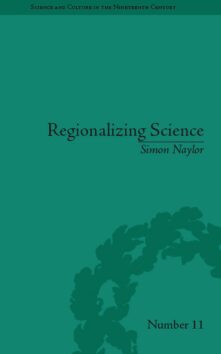

Regionalizing Science
Placing Knowledges in Victorian England
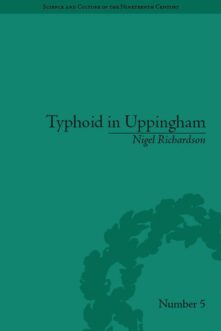

Typhoid in Uppingham
Analysis of a Victorian Town and School in Crisis, 1875–1877
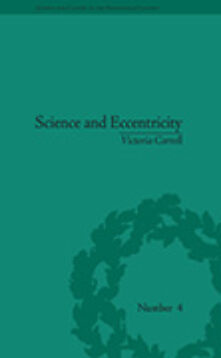

Science and Eccentricity
Collecting, Writing and Performing Science for Early Nineteenth-Century Audiences
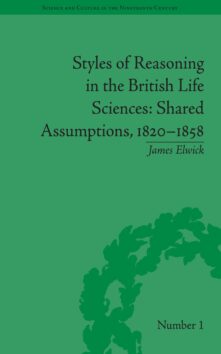

Styles of Reasoning in the British Life Sciences
Shared Assumptions, 1820–1858
Total 1538 results found.


